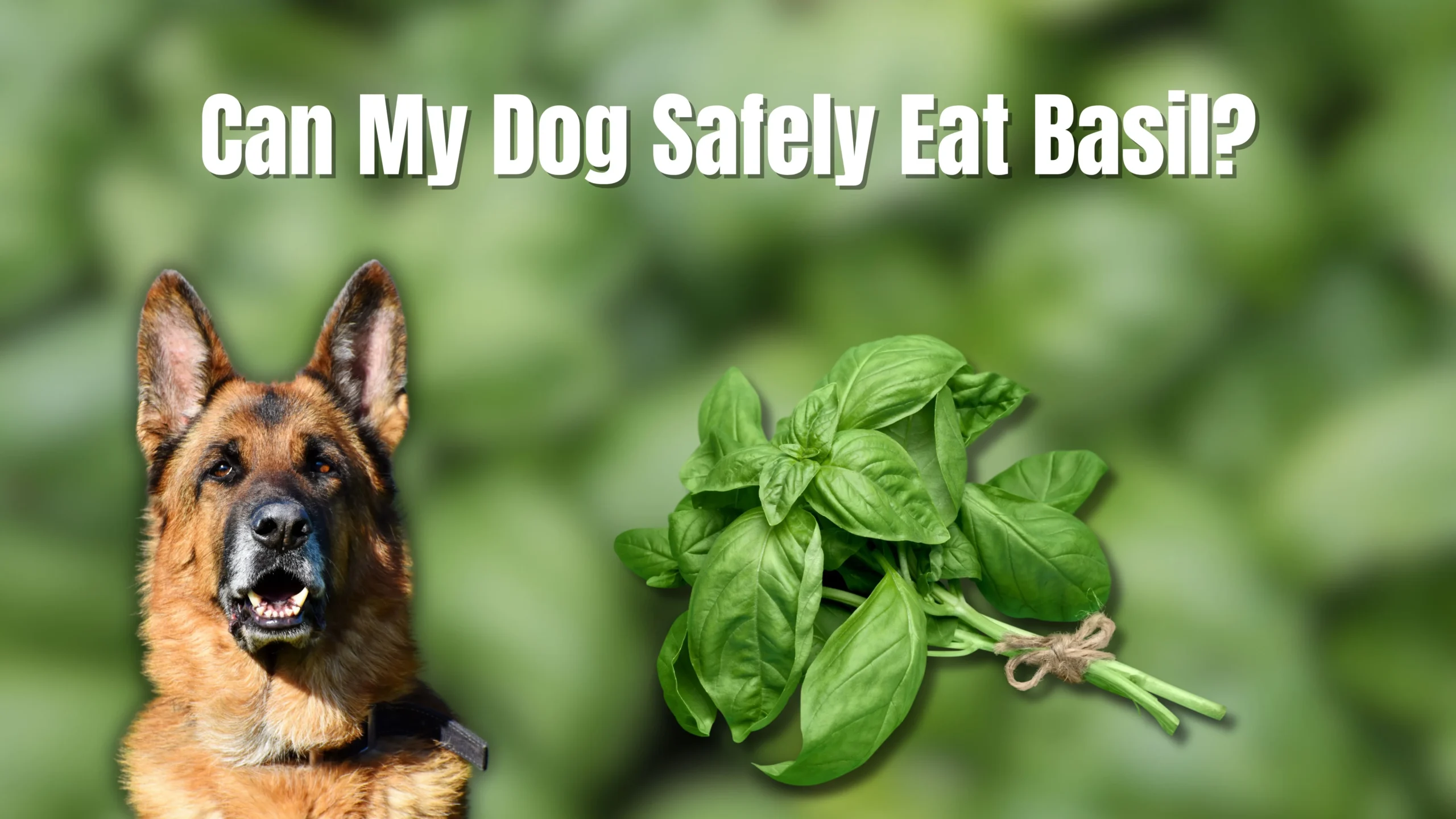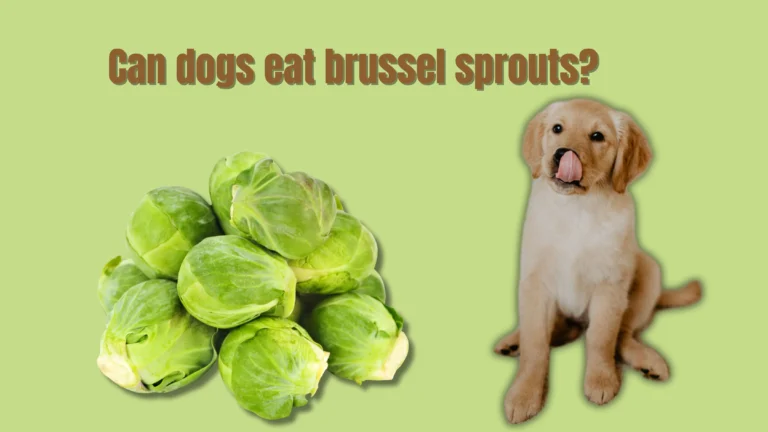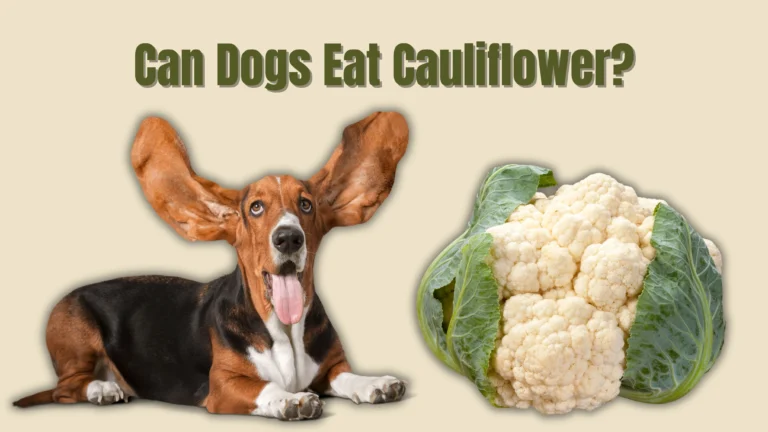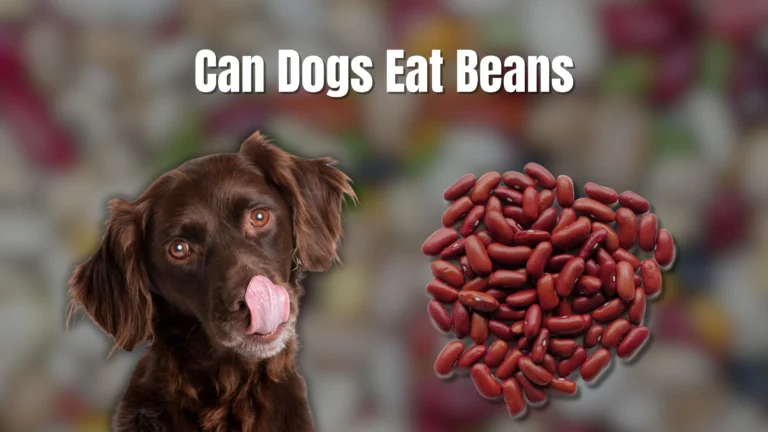Can My Dog Safely Eat Basil? Benefits and Risks Explained
Can My Dog Safely Eat Basil? Basil, recognized for its aromatic green leaves and refreshing taste, is not just a culinary staple for humans but is also safe for dogs when given in moderation. According to Dr. Cailin Heinze, a Board-Certified Veterinary Nutritionist, both fresh and dried basil can be a part of your dog’s diet without causing harm, unlike more dangerous foods such as chocolate or grapes. Can My Dog Safely Eat Basil? However, it’s crucial to serve basil in small amounts to avoid potential digestive issues.
For pet owners curious about sharing basil with their dogs while preparing dishes like margarita pizza or summer salads, it’s reassuring to know that basil is non-toxic to dogs. Basil may offer benefits for some canine health conditions. Can My Dog Safely Eat Basil? Though your dog might enjoy the occasional taste of basil from your herb garden, moderation remains key to ensure their digestive health is not compromised.
Is Basil Nutritious For Dogs?
Basil is a nutrient-dense herb that provides a range of vitamins and minerals beneficial for dogs. It is rich in vitamins K, A, and C, as well as essential minerals like manganese and iron, which contribute to overall health. Additionally, basil has notable antioxidants and anti-inflammatory properties that may aid in reducing inflammation and combating oxidative stress. Some studies suggest basil could help with blood sugar control and immune system support.
However, Dr. Heinze points out that while basil is nutritious, it doesn’t offer specific health benefits beyond what a well-balanced dog food provides. Although it can be a healthier alternative to fatty commercial treats, it should be introduced in moderation to prevent any digestive issues. Overall, while basil’s nutritional profile supports various physiological functions, it should complement, not replace, a balanced diet.
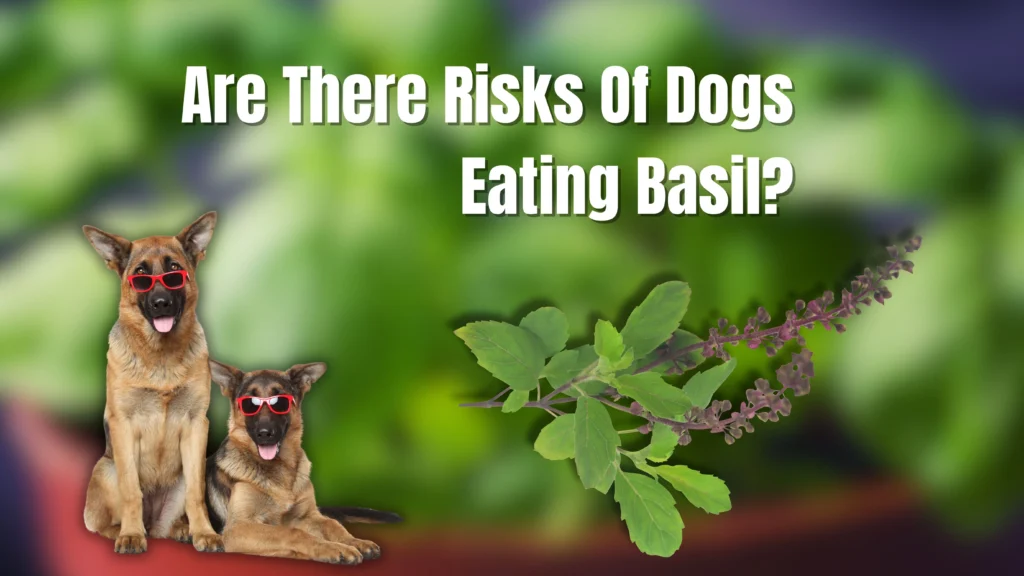
Are There Risks Of Dogs Eating Basil?
Dr. Heinze advises that when introducing basil to your dog’s diet, limit the amount to a few leaves or about a teaspoon of dried basil per day. Begin with a small quantity to gauge your dog’s tolerance and preference. Basil can be incorporated as a food topper, mixed into homemade dog treats, or given as a whole fresh leaf for an enrichment experience. Always consult your vet before making significant dietary changes to ensure they are appropriate for your dog’s specific needs.
While basil offers various health benefits, it’s important to use it in moderation and consider other herbs that can also positively impact your dog’s health. Parsley and mint can aid in breath freshening and digestion but should be used carefully. Ginger, rosemary, thyme, oregano, and sage have their own benefits, such as aiding digestion and providing antioxidants, but must be administered in small amounts to avoid digestive issues. Conversely, herbs like chives should be avoided due to their harmful effects. Always verify that herbs are free from pesticides and other harmful chemicals before offering them to your pet.
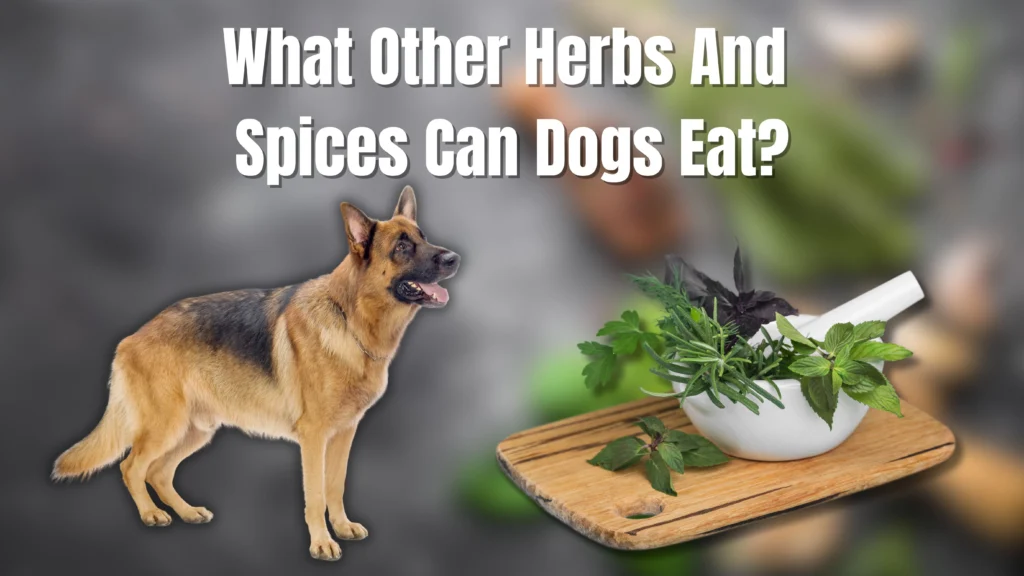
What Other Herbs And Spices Can Dogs Eat?
If basil isn’t appealing to your dog, there are several other herbs that can be safely introduced into their diet, each offering distinct benefits. Ginger, for example, helps soothe stomach issues, while parsley provides essential vitamins and antioxidants. Rosemary boasts anti-inflammatory properties, and turmeric, known for its golden color, may be beneficial for joint pain due to its anti-inflammatory effects. Despite these benefits, it’s important to introduce any new herb gradually and in moderation, as some dogs may have sensitivities.
When incorporating herbs like basil into your dog’s diet, ensure you use them in small amounts, such as a teaspoon of chopped fresh or dried basil, and avoid harmful preparations like pesto that contain toxic ingredients such as garlic or onions. Monitor your dog for any adverse reactions after introducing a new herb and consult your vet if you notice any discomfort. Additionally, be cautious with herbs and spices known to be harmful to dogs, such as garlic, onion powder, cocoa powder, and nutmeg. Always prioritize a balanced diet and professional veterinary advice to maintain your dog’s health and well-being.

